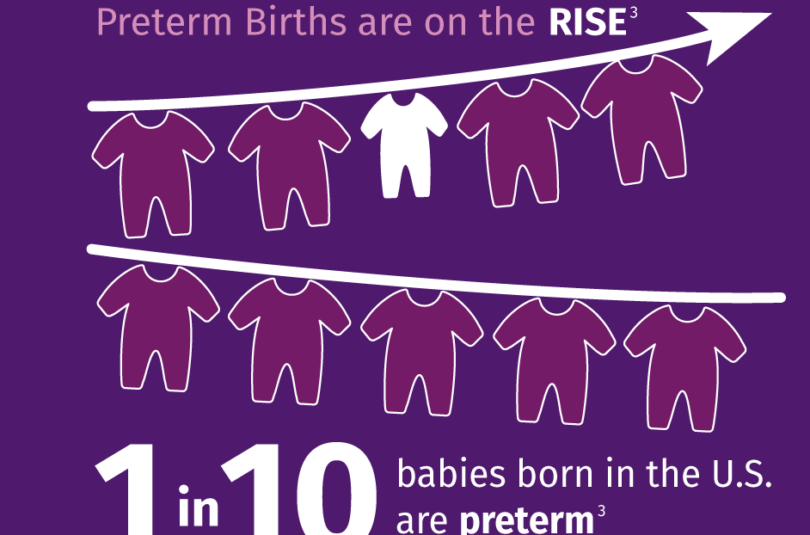A recent study suggests that omega-3 and omega-6 fatty acids – commonly found in fish oil – could significantly reduce the risk of developing various cancers.
Omega-3’s found in seafood reduce preterm birth, the leading cause of infant mortality in the U.S.
Omega-3’s found in seafood on reducing preterm birth, which is the leading cause of infant mortality in the U.S.
Omega-3s Found in Seafood Reduce Aggression by 30%
A study by researchers from the University of Pennsylvania found that omega-3 fatty acids reduced aggression, regardless of age or gender.
Heart disease is 80-90% preventable with proper diet, exercise, and lifestyle modifications
Coronary heart disease is 90% preventable with proper diet and exercise per American Heart Association.
Research Shows Omega-3 Can Support Your Brain Through Bouts Of Loneliness
Seafood is rich in omega-3 fatty acids EPA and DHA which along vitamin D help regulate the production, release, and function of serotonin. Social isolation affects the activation of our serotonergic pathways—but omega-3 fatty acids and vitamin D have an important role in the actions of these pathways and are thus, critical nutrients for everyone but especially people who are dealing with loneliness.
Increased intake of omega-3s may help alleviate some symptoms of bipolar disorder
A study in The Journal Bipolar Disorders suggests that individuals with bipolar disorder who adjust their intake of specific fatty acids may experience less variability in their moods.
People who regularly eat fish are 20% less likely to have depression than their peers
People who regularly eat fish are 20 percent less likely than their peers to have depression. In fact, the American Psychiatric Association has endorsed the fatty acids in fish as an effective part of depression treatment.
People who eat fish frequently have 14% larger brain hippocampus – the big memory and learning center
People who eat fish frequently have 14% larger brain hippocampus – the big memory and learning center
A diet high in the omega-3 fats and low in omega-6 fats showed a decreased frequency and severity of headaches
A diet high in the omega-3 fats found in fish and shellfish, and low in omega-6 fats found in many processed foods, showed a decreased frequency and severity of headaches. Participants ate foods including wild salmon, albacore tuna, and trout while minimizing sources of omega-6 fats such as corn, soybean, and canola oils.
Higher blood levels of omega–3 fatty acids had a risk reduction of sudden cardiac death of 80-90%
A study that followed 22,071 male physicians over 17 years found that those with the highest blood level of long-chain omega-3 fatty acids compared to those with the lowest blood level had an 80-90% risk reduction in sudden cardiac death.
- 1
- 2











